Caroline Petrie’s biggest worry is: “What will happen to Becky when I am no longer here?”
In fact, it is something that the full-time carer thinks about on a daily basis.
Caroline looks after her daughter, who she lives with in Carnoustie, 24 hours a day.
It has been this way for 39 years, since Becky was born with a genetic condition known as Angelman syndrome.
The rare disorder affects an estimated one in 12,000 to 20,000 people.
Its symptoms include learning disabilities, no or little speech, trouble walking, moving or balancing, as well as difficulty sleeping.
It means Caroline must take care of all Becky’s basic needs, including personal care, eating and exercising.
She cannot be left alone at any time.
Caroline has been her daughter’s sole carer since her husband William died from lung cancer in 2014.
When I visit her and Becky in Carnoustie, she doesn’t sugar-coat the harsh reality of the job.
What is Angelman syndrome and what does an average day look like for Caroline and Becky?
A typical day for the pair begins in the early hours of the morning.
“Angels – that’s what we call Angelman sufferers – don’t sleep awfully well,” Caroline says.
“So it can sometimes be broken sleep throughout the night.”
It is extremely hard because I’ve got to do everything for her. All I think about is Becky.”
Caroline then gets up between 7.30am and 9am, while Becky watches home videos in bed.
“She won’t watch TV, but she loves watching all our old home videos: of people she knows, all the family, down in Blackpool and on holiday, horse-riding and all of that.
“That keeps her occupied for a while and then I can buzz about doing things. Then I shower her, feed her breakfast… it goes on all day.”
Caroline also walks Becky with her stroller for at least one mile a day.
“When I go for a walk with her, everybody knows her.
“That’s what happens, having lived here for 40 years. This is the only house Becky has ever known.”
Becky, who thrives on routine, attends Lochlands Adult Resource Centre in Arbroath two days a week.
“If she is going to the day centre then I zoom her up there and that’s fine, I get a few hours to myself. It is the only time I get a break.”
Naturally, the demanding role has taken a physical and emotional toll on Caroline.
“My body is falling to bits after 39 years of hulking her about. I am so tired, I can nod off at any moment.
“It is extremely hard because I’ve got to do everything for her. All I think about is Becky.”
At times, this has led to a loss of identity for Caroline. Before becoming a full-time carer, she helped her late husband run his catering business.
“When you’re a carer, you’re just an appendage of someone else. Basically, Becky and I are joined at the hip,” she says.
In an attempt to regain some sense of self in her 40s, Caroline enrolled at Dundee University and graduated with a degree in history and politics.
Becky has a ‘wicked sense of humour’
Despite the challenges, the pair, cuddled up together on the sofa opposite me, are clearly close.
Do they have a good relationship?
“Yes,” Caroline says. Then, turning to Becky, “Otherwise I would put you in the bin, wouldn’t I?”
This gets a smile.
“She has a wicked sense of humour,” Caroline adds.
“If you were to trip and fall over she would just laugh at you.
“She is loving, loveable and challenging.”
The entire time Caroline and I are talking, Becky is either smiling or laughing.
Her fingers frequently reach inside her mouth. “There’s something bothering her in there,” Caroline explains, “but it’s an eight-month wait to see the dentist.”
I ask how much Becky, who is entirely non-verbal, can understand.
“Oh, Becky understands a lot.
“She was playing up to Mhairi (our photographer) before you got here.
“The wee smirks were there and I could see she was thinking, ‘What can I do?'”
Becky loves music, art, photos swimming
Becky, who attended Kingspark School in Dundee for children with additional needs, also communicates through her love of music and “messy art”.
“My mother was a music teacher,” Caroline says, “So, growing up, Becky had music around her all the time.
“She loves plonking away on the piano.
“She also loves photographs. I’ve got albums galore of her. She loves looking at them. There are photographs all over the place.”
It’s true. The house is also adorned with Becky’s colourful artwork.
Caroline points out photos on top of the piano. “That’s my son Bill and my beautiful three granddaughters over there on the right. And there is gran at the back.
“We are very close as a family.”
Becky is also a big fan of swimming. “Angels are obsessed with water. They love swimming.
“If I could win the lottery and buy a house with a pool, she would be in the pool all day.”
Despite their close bond, Caroline admits it can get lonely at times.
“Having a child with learning disabilities, you feel isolated. Nothing is spontaneous. You’ve got to plan everything.”
This feeling is exacerbated by the rare nature of Angelman syndrome.
In a bid to connect with other families impacted by the disorder, Caroline and her son attended an Angelman conference in Chicago in 2015.
“We are still in touch with families around the world,” says Caroline.
“It is brilliant. I had never met families impacted by Angelman before.”
Caroline co-founded charity for parents of adults with learning disabilities
Caroline has also found support through SAPALD – South Angus Parents of Adults with Learning Disabilities – a charity she founded with other parents in 2016.
The organisation lobbies for better local facilities and care plans for adults with learning disabilities at a local and national level.
“We started to give a voice to our adults and lobby for them and for the carers as well.
When you have a baby, you have so many hopes and dreams for them.”
“With Covid, it kind of died down, but we are about to relaunch it again.”
The charity, she says, has given her a focus for her future.
But she can’t help but worry about Becky’s.
“The biggest challenge of being a full-time carer, at my ripe old age, is worrying about what is going to happen to Becky when I’m not here.
“This plays on my mind a lot. Daily.
“I have done this for 39 years, so I know it wouldn’t be fair to put it on a family member. I know how tiring it is.
“But there aren’t many options, to be honest. Especially since Covid.
“There needs to be more care support at a local authority and a national level. This is why the charity is going to be rattling some chains.”
Has she come to terms with being a full-time carer?
After a long pause, Caroline says: “It is difficult to accept. But then I feel guilty, because Becky is the one that is suffering.
“When you have a baby, you have so many hopes and dreams for them.”
She looks at Becky. “But that gets me emotional. I try not to think about it.”
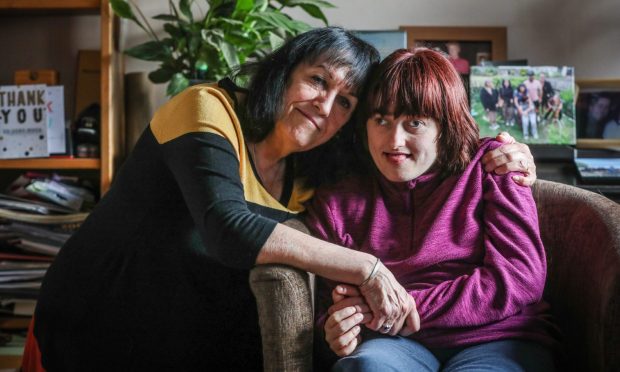
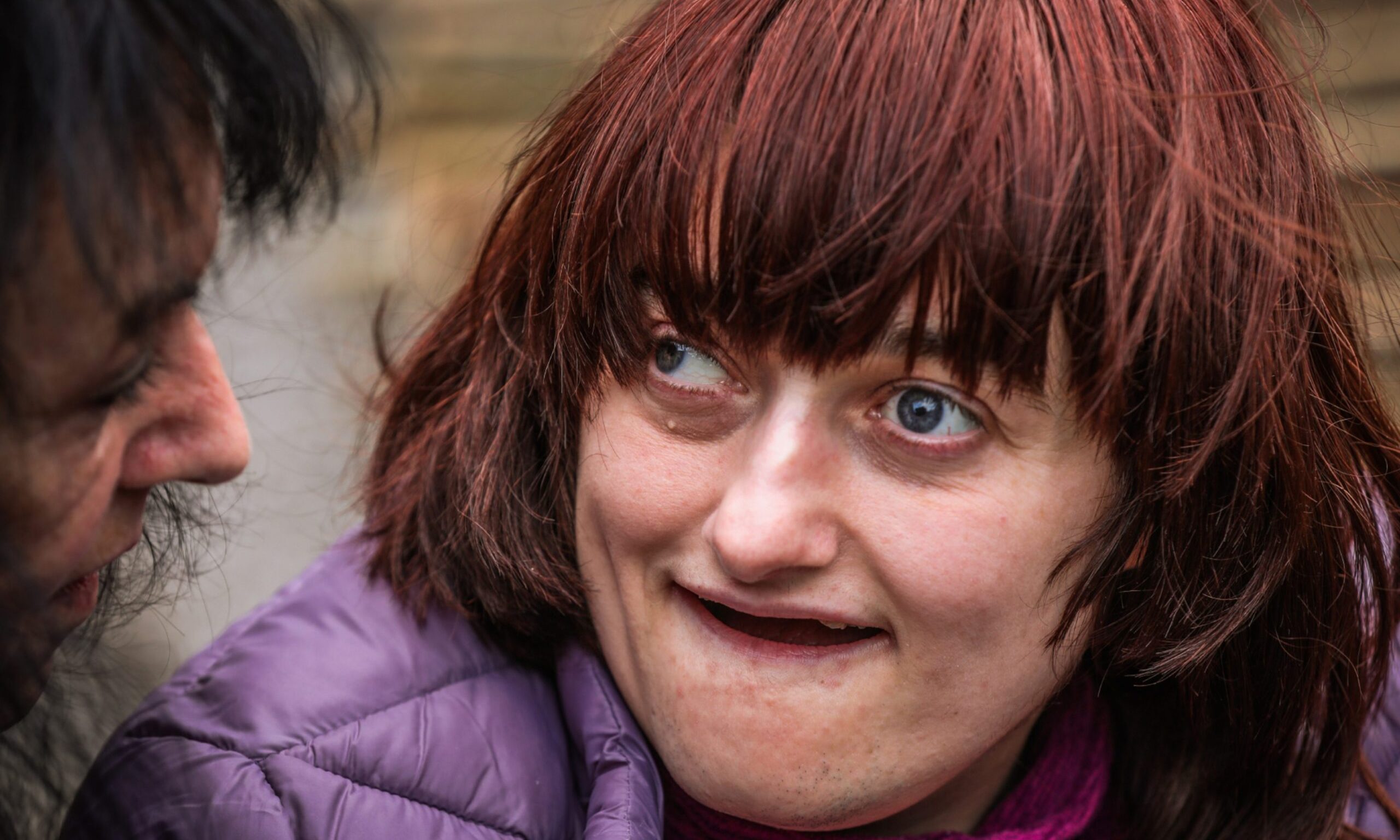
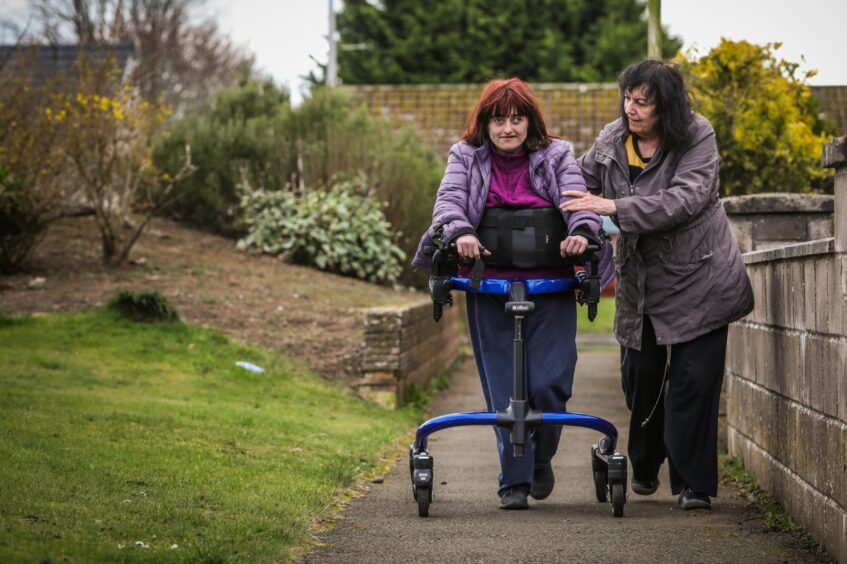
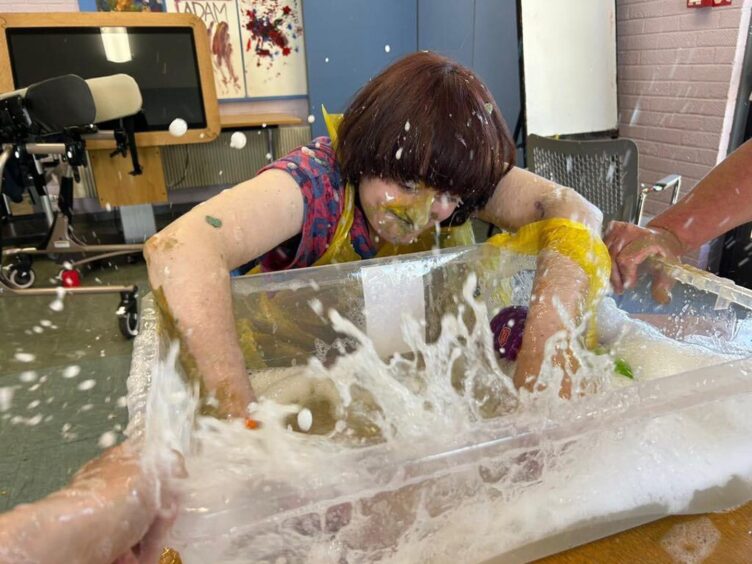
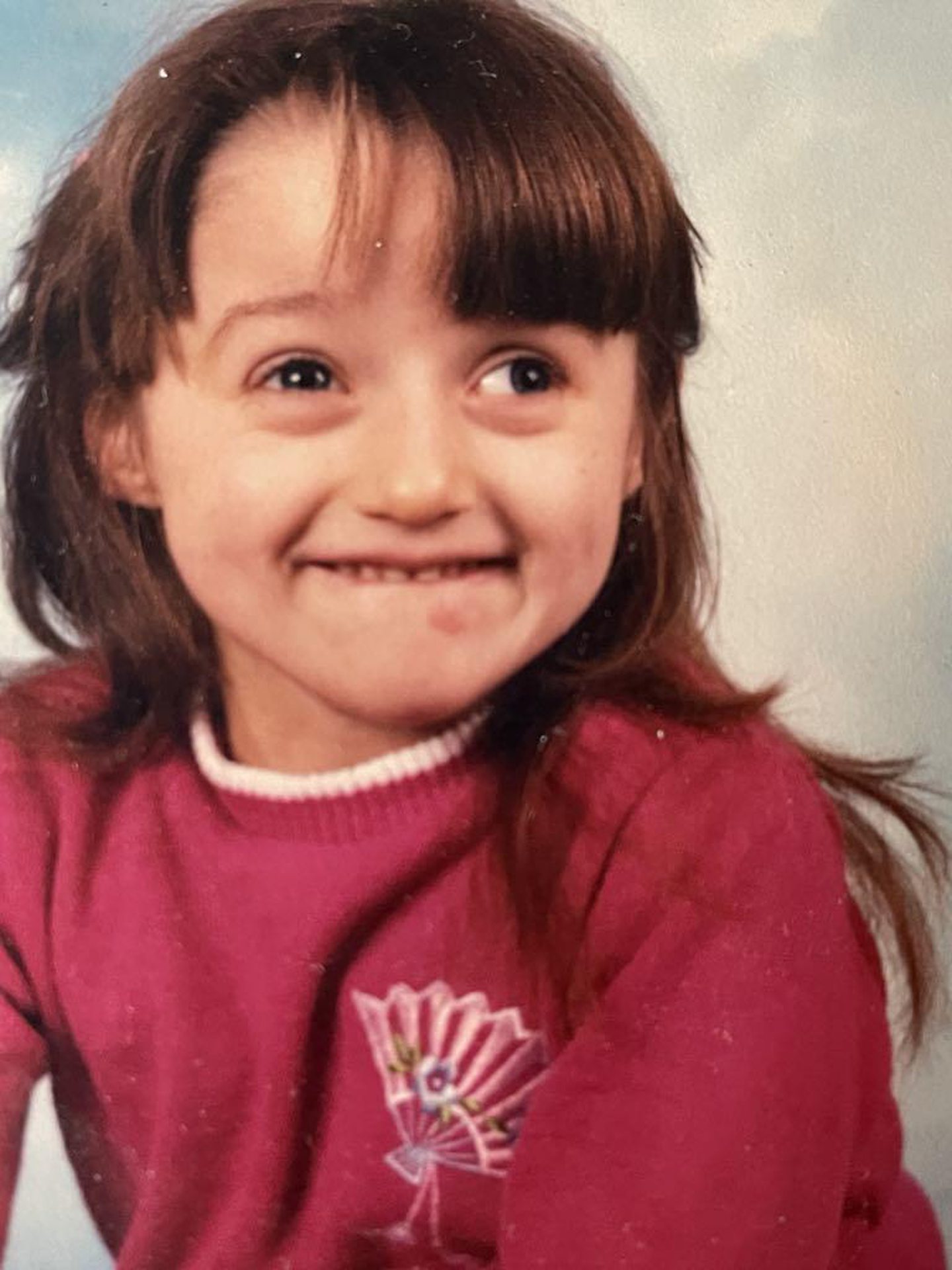
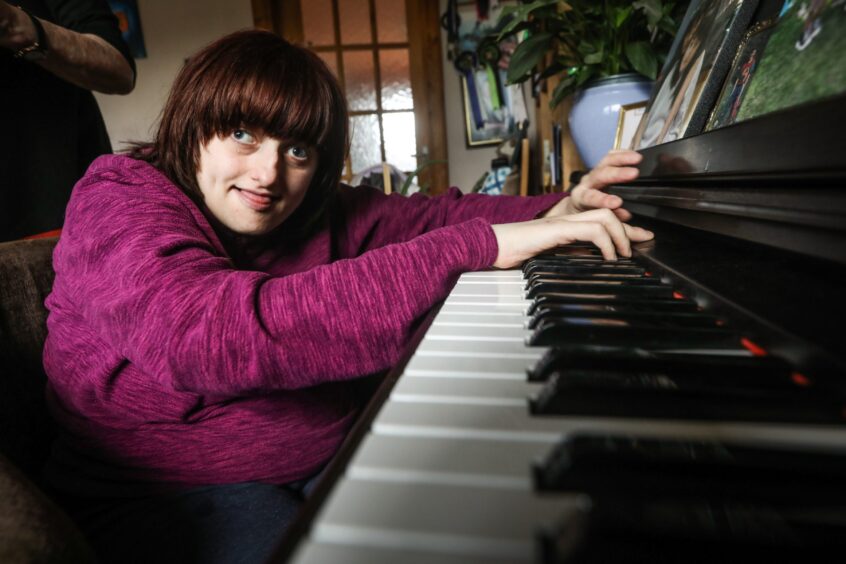
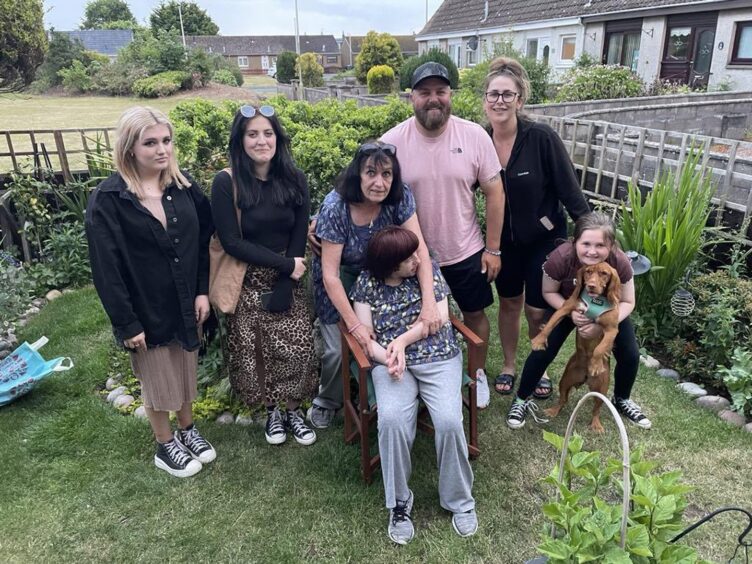
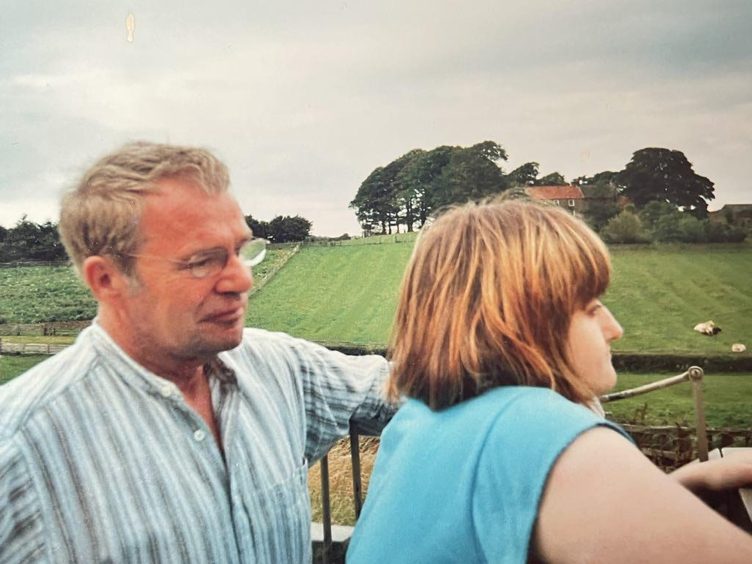

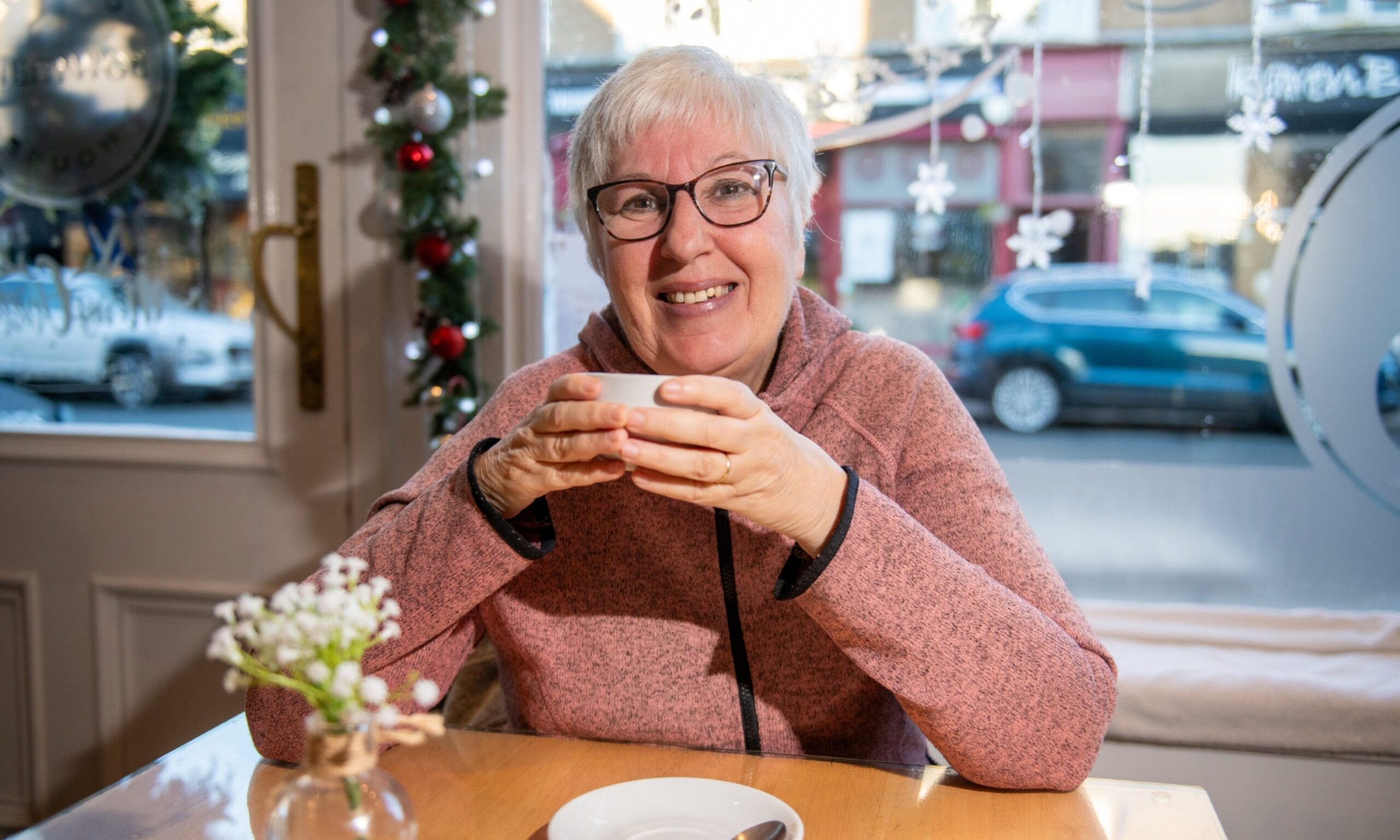


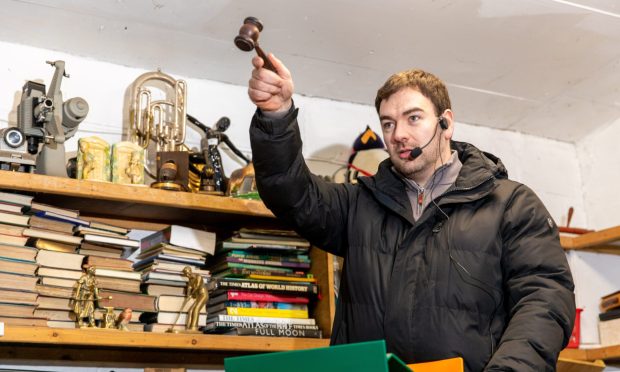
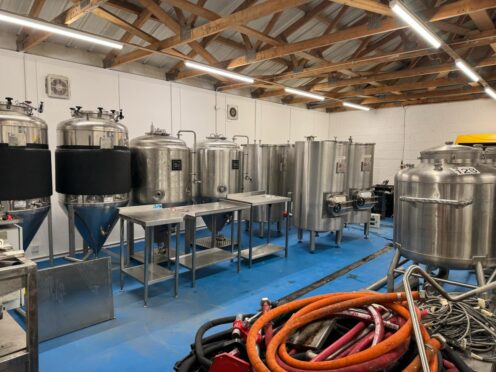

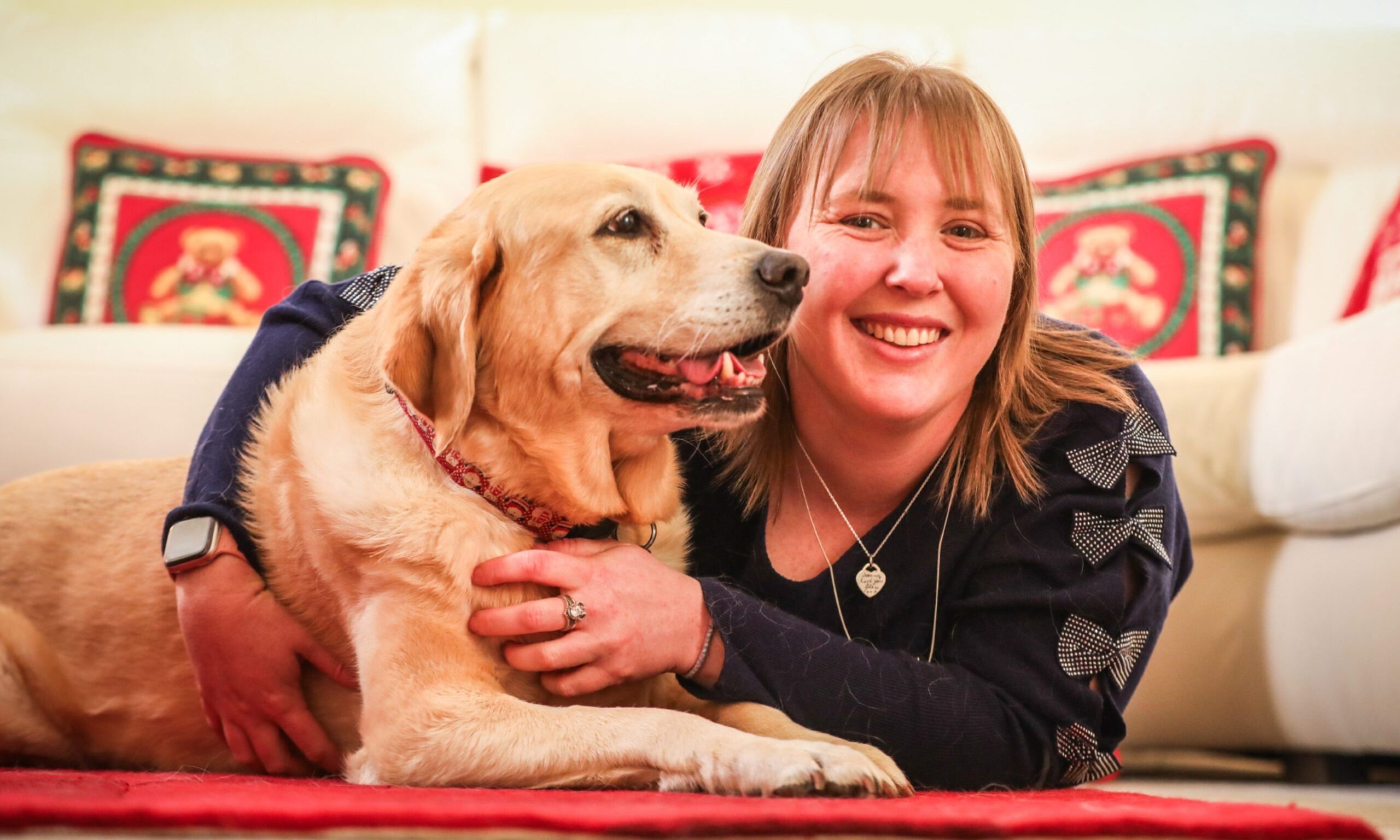

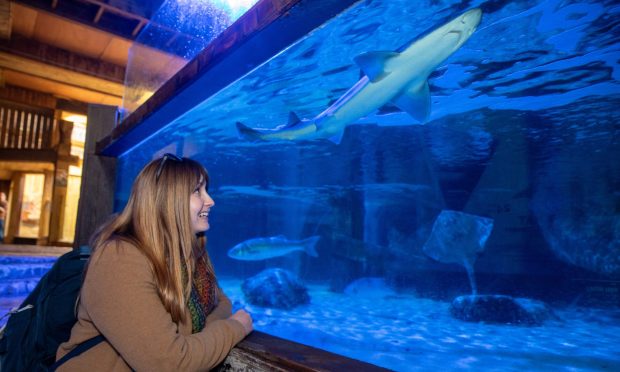
Conversation